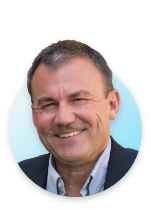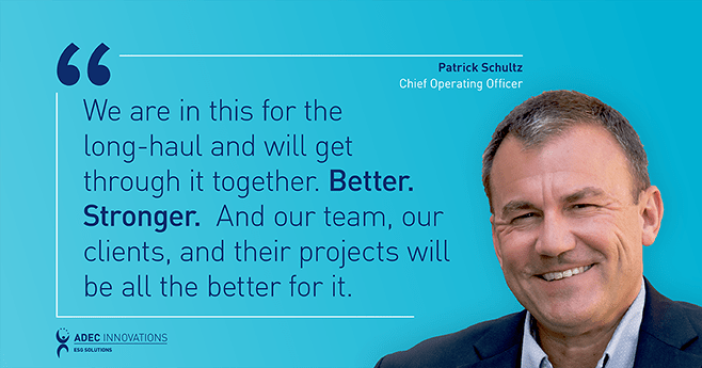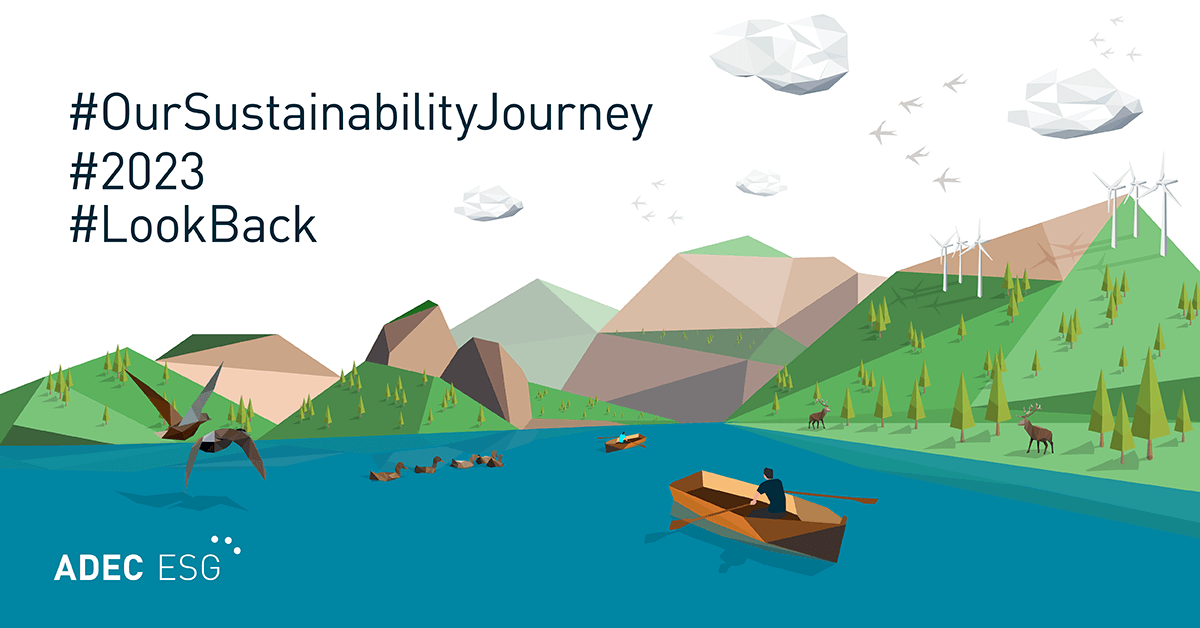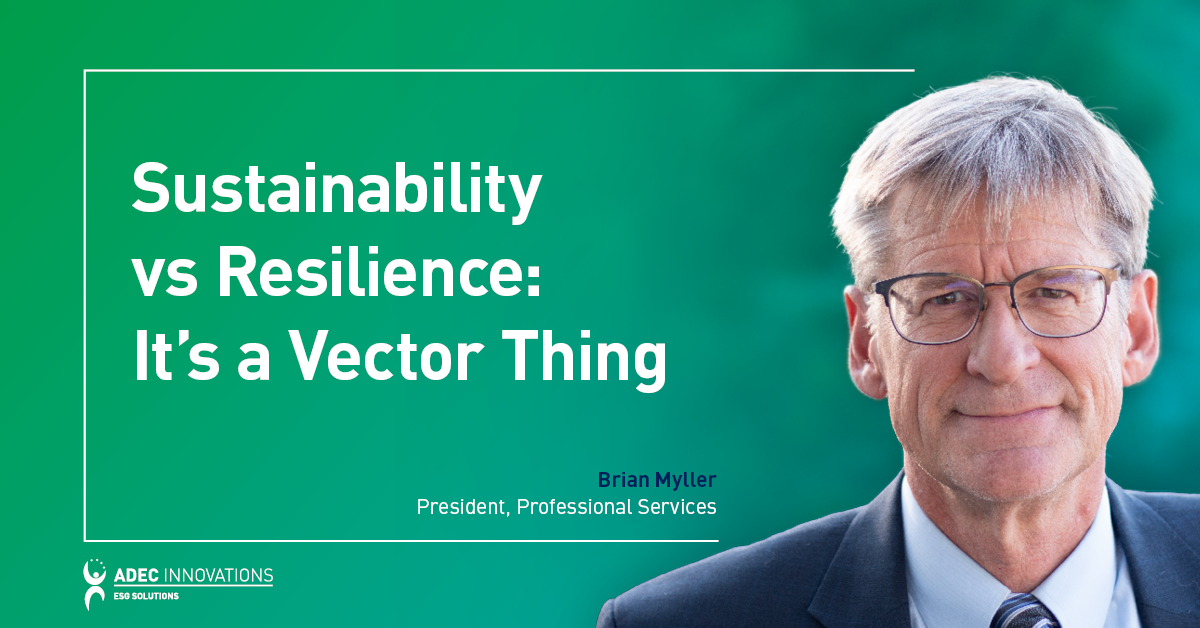How does one lead operations during a pandemic? How does one navigate through operational challenges while acknowledging the needs of their staff and clients? We had to figure it out quickly, albeit not perfectly. As the COO of a global environmental planning and sustainability consulting firm, I work collaboratively across all ADEC Innovations business units, namely FCS International (FCS) and ADEC ESG, to successfully deliver services and products to our clients worldwide. March 2020 arrived and with it came an incredible amount of teamwork, hard work, and learning. The health and safety of our employees was priority number one right at the onset of the pandemic. While we anticipated the potential for this in February and began to prepare, we had no idea what it would become.
Addressing Operational Challenges and Tough Decisions
The first 60 days were a blur. Adrenaline driven, unsure about the complexity of this level of disruption on the business, on our teams, on their families, the situation necessitated leadership and rapid response. The uncertainty and rapid escalation of the pandemic inspired tremendous efforts across our company—where the energy put forth by our teams from Human Resources, People Operations, IT, Finance, and our project and technical staff was simply amazing.
Faced with an evolving crisis that seemed to change on a daily basis, the pandemic significantly impacted our operations from top to bottom.
Transitioning to a 100% remote staff.
In the early stages of our preparations, we deployed laptops so all staff could work remotely before it was required. Within 48 hours, we had our staff of 100+ working from their homes throughout the United States. Eight months later, our IT team continues to work diligently with each individual employee to ensure an effective and seamless home office configuration.
Ensuring staff safety, engagement, productivity, and well-being.
Communication was vital as we monitored local and national guidance alongside global reactions in real-time to keep our team informed frequently as the situation evolved. We surveyed our staff on three separate occasions to see what their mind-state was. We also asked how things were for them in their new ‘work from home’ environments and what we, the company, could do to help. It was clear we had things we could improve upon, and we did. Whether it was improving our communications or providing leadership tools and strategies for remote work, we sought to humanize the situation and promote a work-life balance. We still have things to improve, and we are still asking for honest feedback in our latest round of surveying, sent out eight months after our staff went remote.
Our employees were highly engaged in providing feedback, with a participation rate of over 90% across all three rounds. What did we hear? Our staff wants to know how they can continue to develop professionally, so we increased our training budget and options for 2020. We also heard the need for more social interaction and greater communication, so we developed a meeting place built on Microsoft Teams dedicated to promoting interaction. We have played games. Shared riddles. Proudly showcased pictures of pets, kids, and home projects. We have shared tools and articles and videos to stay informed and engaged. Weekly happy hours on Zoom have let us ‘see’ each other And, perhaps most importantly, we have openly talked about mental and physical well-being and have shared resources to help with both.
Finding opportunities in sustainable cost reductions and budgeting.
We have proactively announced that we do not see our employees returning to our offices before the end of 2021. We believe it is important to maintain transparency, and we wanted to give a realistic guideline for employees to prepare for mentally and physically. With that, we also reduced overheard where we could, and reinvested those savings and resources to help our staff with making their home offices more comfortable, more conducive to a long-term situation, and more productive.
Implementing new safety protocols and procedures for staff conducting fieldwork.
We remain dedicated to the safety of our staff, clients, and community first. Much of the work FCS does involves fieldwork and monitoring cultural resources, biological resources, traffic studies, and air quality. We implemented a series of new guidance and policies for our staff that work in the field and when asked to attend a client meeting in person. Additionally, we developed a cross-department task force to track the constantly changing guidance and recommendations.
Retaining clients and prospective clients.
An important element to business continuity during a major disruption is how we are able to best support our clients, which we often talk about. In addition to modifying budgets, we went the extra mile for them through communication and transparency. By actively listening to our clients and being responsive, we did our best to address their concerns and needs. Continuing to ensure the high quality of our work product gave our clients confidence, and we have become more selective about the work we pursue.
The Human Aspect
The Black Lives Matter movement came to the forefront on the country’s stage in the beginning of June. We communicated openly and listened to our staff. In response, we developed an employee-facilitated committee-to explore race, culture, and diversity within our organization, and our impact outside the organization. The committee has grown to 16 participants and eight initiative-driven subcommittees who meet on a biweekly basis.
We want to support and encourage our team’s careers and position our staff for growth, rather than watch them make seemingly impossible choices.
In September, we all seemed to hit a wall. Fuses were short, emotions were high, and no one could quite figure out what was happening or pinpoint the cause. The business was doing fine. Fundamentals were good. In fact, we found utilization was increasing with people working from their homes full time. And yet, there was something happening. A timely article began circulating around the company that explained how six months into a crisis, any crisis, it is entirely human and normal to simply get exhausted by it and experience fatigue. From there, we talked about individuals as teams and as a company. Acknowledging our humanity was liberating. We are scared for ourselves and our loved ones. The macro- and micro-economic uncertainty adds to our anxiety. Things have improved since, and much still needs to be done.
When schools started virtually reopening, our employees suddenly found themselves as teachers and Zoom monitors– all while managing locked down households AND their professional careers. It was unsustainable. It is unsustainable. Again, we talk about it. We listen and we learn. After hearing the staggering number of working parents who have had to change their employment situation, reduce their hours, or leave the workforce altogether, we proactively made significant changes to our long-standing company policies to help our employees navigate the life-work balancing act. We have extended benefits to our part-time employees so they can lower their work hours without, hopefully, needing to completely exit the workforce. We want to support and encourage our team’s careers and position our staff for growth, rather than watch them make seemingly impossible choices. This is an ongoing conversation that will evolve as the pandemic does.
We are in this for the long-haul and will get through it together. Better. Stronger. And our team, our clients, and their projects will be all the better for it.
In what felt like a never-ending series of catastrophic events, many of our staff were affected by the recent wildfires in California this past October. Fortunately, our team did not sustain injuries or loss of property. However, we did have staff who had to evacuate their homes temporarily. And, we supported them in these challenges.
Vital Lessons Learned
To think that we are done with addressing issues and pivoting our business model with so much still uncertain would be naïve. While my job description would talk about maintaining business continuity and resiliency, that would be impossible without a safe and healthy team. We have learned a lot by making decisions when there is so much uncertainty. Throughout the unknown, there are fundamental takeaways that will help us confront and mitigate the challenges we still have to face.
- Communicate. Often, frequently, and with compassion and understanding.
- Listen. Ask questions, encourage dialogue, and share openly.
- Collaborate. Create opportunities to have fun, to be healthy, and to do our work.
- Engage. Acknowledge the human toll. Be vulnerable. Admit when we do not have the answers. Be authentic.
- Act. Swiftly, and with creativity and boldness. And then, do it again. And again.
Businesses across the globe have been faced with complex challenges. Leadership teams across all industries have had to rethink traditional approaches and business models. We are in this for the long-haul and will get through it together. Better. Stronger. And our team, our clients, and their projects will be all the better for it.
FirstCarbon Solutions (FCS), an ADEC Innovation, comprises over 100 individuals offering due diligence, technical analysis, planning, environmental compliance, permitting, and mitigation/monitoring services for public and private projects.
ADEC ESG Solutions, an ADEC Organization, is a leading provider of sustainability solutions, with expertise in delivering fully-integrated consulting, software, and data management services.
To learn more about how we have navigated through disruptions and challenges amidst a global crisis, check out our FCS blog here.




